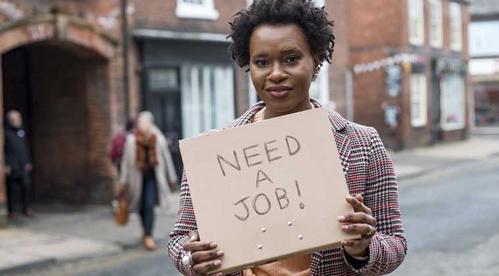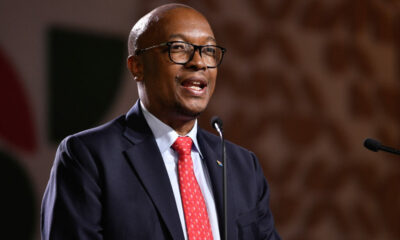411
Youth Unemployment and the BEE Debate: South Africa’s Inclusion Struggle in 2025

On 1 May 2025, South Africa observed Workers’ Day with growing concern over its persistent job crisis—especially among the youth. With the youth unemployment rate stubbornly above 44%, the day was not only a celebration of labour but also a reminder of how far the country still needs to go.
Dr Armand Bam, Head of Social Impact at Stellenbosch Business School, emphasised that while Broad-Based Black Economic Empowerment (BBBEE) policies have evolved to include women, people with disabilities, and rural communities, the reality of economic inclusion remains uneven.
“Inclusion isn’t just about representation,” said Dr Bam. “It’s about dismantling deep-rooted obstacles like education gaps, geographic isolation, and limited access to capital. Real transformation comes when underrepresented groups thrive in ownership, leadership, and decision-making.”
He argued that BBBEE must move beyond compliance and corporate box-ticking, becoming a tool that delivers tangible change in inequality and opportunity.
The Experience Gap and Structural Challenges
Professor Dieter von Fintel, an economist from Stellenbosch University, shed light on one of the biggest hurdles for young people: breaking into the job market.
“Youths struggle to get their first job,” he said. Employers often demand experience, creating a catch-22 situation where young people can’t get hired without it.
Von Fintel also noted that while minimum wage laws have improved conditions for some, enforcement remains inconsistent. He pointed out that low-income workers are better off than before, but the policy’s impact on job creation has been mixed.
South Africa’s unemployment problem, he argued, is structural. The country lacks enough skilled workers in areas where demand is growing, leaving many young people behind. “Either the formal economy must expand, or people must acquire in-demand skills,” von Fintel concluded.
Political Views on BEE and Inclusion
The political debate around BBBEE has reignited. The Democratic Alliance (DA) used Workers’ Day to call for a new approach. Party leader John Steenhuisen argued that BEE, in its current form, is exclusionary and outdated.
“What we have now is fronting, head counting, and enrichment of a few—not meaningful change,” he said. He cited the Western Cape’s lower youth unemployment rate as evidence of an alternative model.
Meanwhile, Fadiel Adams of the Cape Coloured Congress expressed frustration with how BEE has sidelined coloured communities.
“Go anywhere—Cape Metro, East London, Kimberley—you don’t see coloured people at work,” said Adams. “If this is BEE, scrap it. But if it’s implemented fairly, it can work.”
Jobseeking in 2025: Branding and Preparation Matter
Professor Gina Görgens, from the Department of Industrial Psychology, offered practical advice for jobseekers. She encouraged young people to work on their personal brand, build confidence for interviews, and research companies thoroughly.
“Employers want to see dedication and a desire to contribute meaningfully,” she said. “It’s not just about having a CV—it’s about showing that you care about your role.”
Reform with Impact
As South Africa debates the future of BBBEE and grapples with youth unemployment, one thing is clear: real transformation won’t come from policy tweaks alone. It will require bold action, systemic reform, and a deep commitment to equality—not just in numbers, but in lived experience.
{Source: IOL}
Follow Joburg ETC on Facebook, Twitter , TikTok and Instagram
For more News in Johannesburg, visit joburgetc.com



























